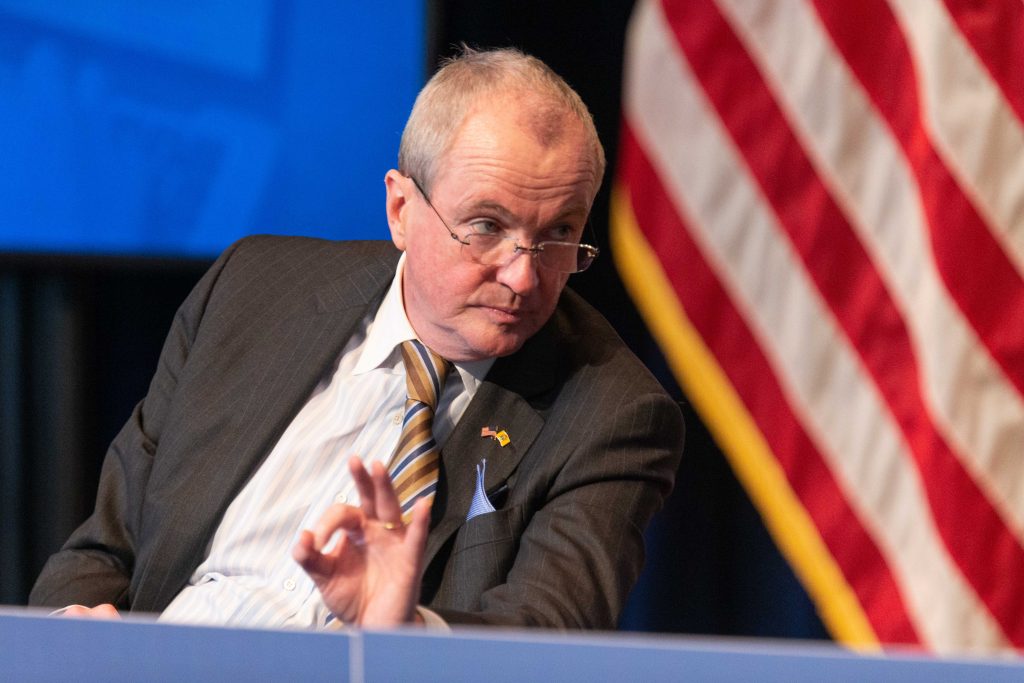A day after a furor arose after Brick Township officials were notified that their plan to suspend interest and penalties on property tax payments due May 1 would not be permitted, the administration of Gov. Phil Murphy reversed course.
The governor’s office issued a statement Tuesday afternoon saying he had signed an executive order allowing municipalities to offer a grace period for property tax payments until June 1. Brick had previously passed a resolution extending the grace period to May 31.
“Allowing municipalities the option of extending the grace period for May property tax payments is the right thing to do as many New Jerseyans are impacted financially as a result of this crisis,” said Murphy. “Leaders of towns and cities across the state have been trying to find ways to lessen the blow on local residents, and with this action, they are empowered to provide relief to homeowners as we continue to do everything possible to fight this pandemic.”
|
|
As per the Brick Township council’s resolution from the April 14, 2020 meeting, the interest rate on late payments made until May 31, 2020 will be zero percent, township officials said in their own statement.
“When the coronavirus began closing businesses and industries, we began looking into ways to help people impacted. We researched and worked on the property tax grace period extension and we were confident that what we did was right and in line with past practices,” said Mayor John Ducey. “Needless to say, when the state told us that the grace period was not allowed, we were disappointed and quite frankly, angry. We appreciate Governor Murphy listening to us and permitting us to help our residents.”
Payments made on June 1 or later will be subject to the statutory interest rates retroactive to the due date as mandated by law.
New Jersey residents face the highest property tax bills in the nation, with the average homeowner statewide paying $8,953 in 2019, data showed.

Advertisement

Police, Fire & Courts
Grand Jury Indicts Point Pleasant Man, Once a Fugitive, for Attempted Murder









